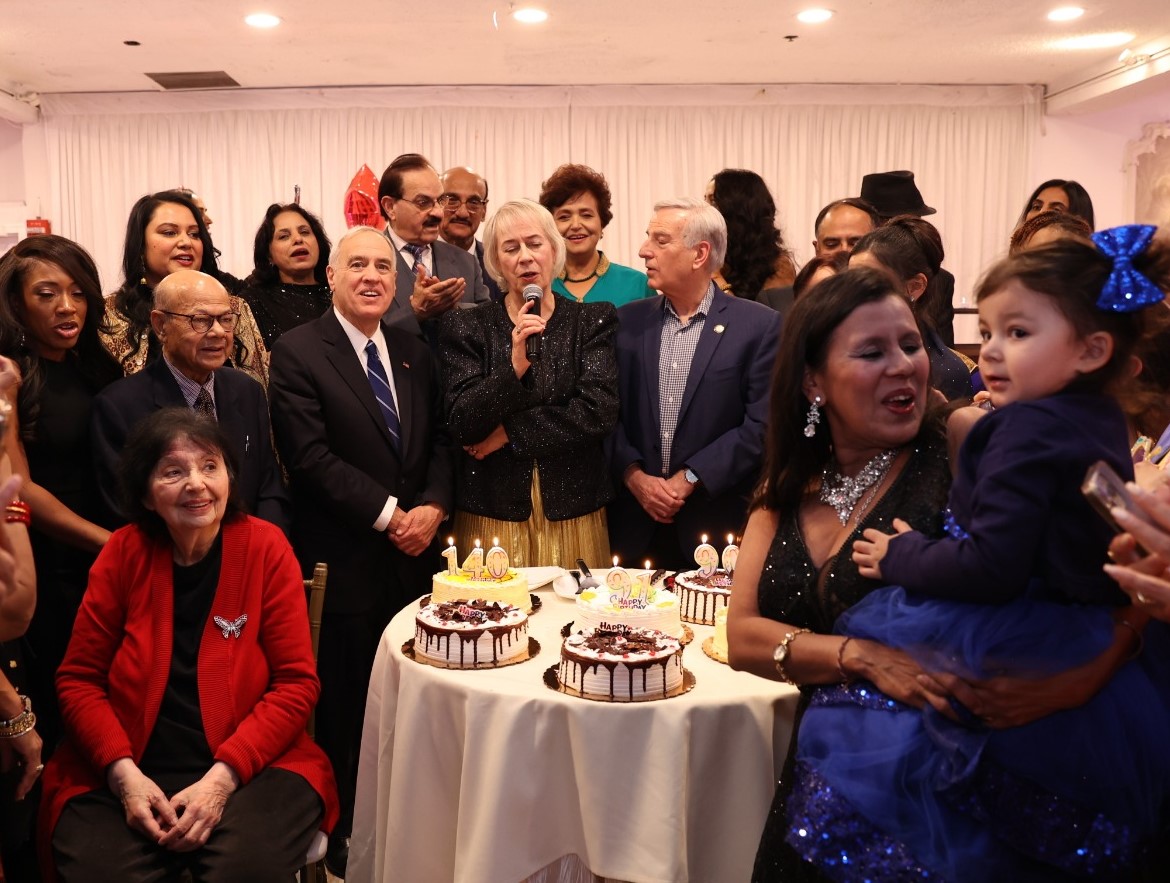By Lincoln Anderson
Markey Hayden Bena died in late July at age 54 two days after being found unconscious on E. Seventh St. near Avenue C. Descended from Hollywood royalty, he was homeless, and lived on the street near where he was found, on some raised grates that were known as his “office.”
Initially, the cause of death was subject to much speculation. Some wondered if it was the result of an assault, since Bena frequently got beaten up, badly, by local youths.
According to local blog EV Grieve, Bena “never regained consciousness and died later at a hospital. In an e-mail to [East Village blogger] Bob Arihood, Markey’s aunt said that there was only one mark on his head, which resulted from a fall onto the sidewalk grating. According to his aunt, the N.Y.P.D. investigated the incident and concluded that he simply fell and hit his head. (Markey was prone to falling down, particularly when he had a few too many drinks.)”
More recently, following the completion of an autopsy and tests by the Medical Examiner, on Oct. 29, spokesperson Ellen Borakove reported Bena’s cause of death as “complications of blunt impact injury of head.” However, the manner of death was still “undetermined,” she said, noting, “We were not able to find any witnesses or gather any evidence to tell us how he sustained that injury to his head.”
His grandmother was the actress Joan Bennett, and his grandfather was Gene Markey, who became a rear admiral of the U.S. Navy after World War II. His father, Don Hayden, starred in the 1950’s TV show “My Little Margie.” Bena was named after his grandfather, so his first name was not a diminutive.
At different times, two East Village women took Bena into their homes to get him off the street, giving him free rent. In one case, he lasted 18 months indoors. Of his drinking — mainly cheap King Cobra beers — one of the women said, “He liked to stay moderately buzzed because he was disillusioned.”
As for why he got assaulted by local youths so much, she said, “He had a nasty mouth on him. He could really be stubborn. He wasn’t looking for a fight. He just always wanted to be right.”
Jessica Hall, who lives on E. Seventh St., befriended Bena and got him writing sports columns for her neighborhood newspaper, The Brisket. She said he enjoyed reporting on this past summer’s World Cup matches from his “office,” listening to the cheering crowds nearby at Zum Schneider beer garden. Hall also took Bena in briefly, but again, it didn’t last.
Jose Torres, who lives across the street from where Bena used to camp out, said, each time Bena got horrifically bloodied and battered, he’d warn him not to mouth off so much to the youths who attacked him, or he’d get killed.
“He’d say, ‘That’s not how I’m going to die. I’m going to die with this,’” Torres said, and gestured as if to hold up a beer can.
Passersby would frequently see Bena reading the newspapers or writing while sitting on the raised grates.
As she walked her dog past a memorial to Bena days after his death, one woman said, “He would sit on the stoop of the squat reading The New Yorker. He was always talking to people. I was curious to know more about him.”





































